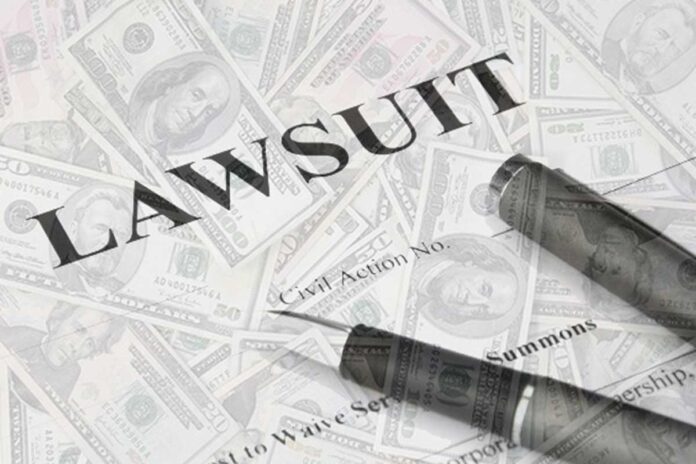An employment-discrimination lawsuit filed on behalf of an HIV-positive trans woman of color moved one step closer to a jury trial after a federal judge rejected the employer’s request to dismiss the case as meritless.
On July 16, U.S. District Joseph F. Leeson Jr. of the Eastern District of Pennsylvania cited the recent Supreme Court case Bostock to support his ruling that a Dunkin’ Donuts shop may have discriminated against “Jane Doe” on the basis of her gender identity.
From March 2018 to May 2018, Doe worked as a cashier at the Dunkin’ Donuts shop on the 200 block of West Fourth Street in Bethlehem. Bethlehem is a city located about 48 miles northwest of Philadelphia in the Lehigh Valley.
Doe’s Nov. 8 federal lawsuit claims she was subjected to anti-LGBT slurs shortly after she began working at the donut shop. Slurs hurled at her by co-workers and customers include “fucking faggot,” “tranny,” “dude,” and “bitch.”
Leeson said it’s possible that Doe was discriminated against due to being HIV-positive, being transgender and having gender dysphoria. Leeson also said Dunkin’ Donuts could have made reasonable accommodations for Doe, such as granting her sick days, not misgendering her, and allowing her to use a gender-appropriate restroom.
According to Leeson, it’s plausible that Doe worked in a hostile environment due to gender stereotyping. The judge also said Doe has made a preliminary case that she was retaliated against by Dunkin’ Donuts when she complained about the mistreatment. If true, those acts of wrongdoing would violate the 1964 Civil Rights Act.
Leeson summarized the case by writing: “Doe states she suffered intentional discrimination at the hands of [Dunkin’ Donuts] employees because of her gender identity. In addition to being misgendered, she was prevented from using the women’s bathroom, had her duties changed so as to be kept out of the view of customers, was asked probing questions about her anatomy and gender identity, was subjected to a stricter dress code than other female and cisgender employees, and was ultimately terminated.”
The judge said all of those allegations merit further review and the possibility of a jury trial.
But Leeson tossed out two claims filed on behalf of Doe — that she suffered a hostile work environment due to her race and that she was wrongfully terminated due to her race. The judge said Doe hadn’t provided sufficient evidence to render those claims plausible.
Doe seeks more than $150,000 in compensatory and punitive damages, along with reasonable attorney’s fees and costs.
“We’re very pleased with Judge Leeson’s ruling,” said Justin F. Robinette, an attorney for Doe. “He reaffirmed the Supreme Court’s decision that it’s against federal law to discriminate on the basis of gender identity. He also reaffirmed that gender dysphoria is a legally-protected disability for some trans people. The judge said if my client was discriminated against due to her gender dysphoria, that would violate federal law. That’s significant, because other courts have ruled otherwise. Now we will be preparing for discovery and trial.”
An attorney for Dunkin’ Donuts had no comment for this update. But according to court papers, Dunkin’ Donuts denies any wrongdoing in the matter.
